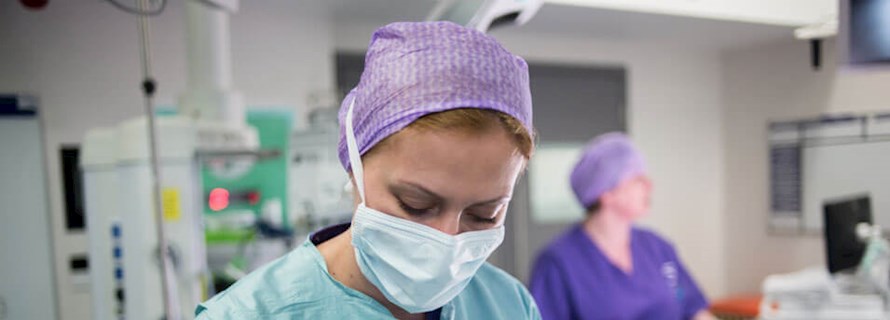Premenstrual syndrome
PMS
Premenstrual syndrome refers to the physical and emotional symptoms that can happen in the two weeks before a period
About
Premenstrual syndrome (PMS) describes the physical, emotional and behavioural symptoms that can happen in the two weeks before a woman's period. It's sometimes referred to as premenstrual tension (PMT) and can cause a wide range of symptoms, from bloating to irritability.
Need to know
-
Symptoms of PMS icon plus
Common symptoms of PMS include:
- bloating
- breast pain
- irritability
- mood changes
- loss or lack of interest in sex
These symptoms tend to ease when your period starts. Some women experience more intense symptoms that can affect their day-to-day lives. This is often down to premenstrual dysphoric disorder (PMDD), a more severe form of PMS.
-
Diagnosis icon plus
If your symptoms aren't severe, simple lifestyle changes such as dietary changes and sleeping regularly can help you to manage PMS. If you think you may have PMDD, your GP or consultant may carry out certain tests to make a diagnosis. They will explain these tests to you and answer any questions you may have. -
Potential treatment options icon plus
If you've been diagnosed with PMDD, your GP or consultant may recommend medical treatment. This could range from oral contraceptives to anti-depressants, depending on the nature of your PMDD.
Our consultants
From complex surgery to straightforward procedures, we provide exceptional care across our network of hospitals, outpatient centres and specialist clinics.




Our facilities
From complex surgery to straightforward procedures, we provide exceptional care across our network of hospitals, outpatient centres and specialist clinics.
Book an appointment
Our team can help with any enquiries or you can make an appointment with one of our experienced consultants.
Call us today
020 7079 4344
This content is intended for general information only and does not replace the need for personal advice from a qualified health professional.